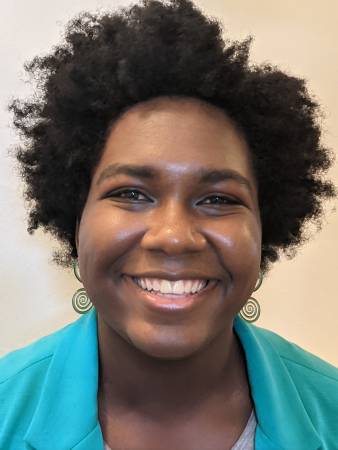Exploration for Continually Improving Robots
Abstract: Data-driven learning is a powerful paradigm for enabling robots to learn skills. Current prominent approaches involve collecting large datasets of robot behavior via teleoperation or simulation, to then train policies. For these policies to generalize to diverse tasks and scenes, there is a large burden placed on constructing a rich initial dataset, which is [...]
Unlocking Magic: Personalization of Diffusion Models for Novel Applications
Abstract: Since the recent advent of text-to-image diffusion models for high-quality realistic image generation, a plethora of creative applications have suddenly become within reach. I will present my work at Google where I have attempted to unlock magical applications by proposing simple techniques that act on these large text-to-image diffusion models. Particularly, a large class of [...]
Domesticating Soft Robotics Research and Development with Accessible Biomaterials
Abstract: Current trends in robotics design and engineering are typically focused on high value applications where high performance, precision, and robustness take precedence over cost, accessibility, and environmental impact. In this paradigm, the capability landscape of robotics is largely shaped by access to capital and the promise of economic return. This thesis explores an alternative [...]
Understanding and acting in the 4D world
Abstract: As humans, we are constantly interacting with and observing a three-dimensional dynamic world; where objects around us change state as they move or are moved, and we, ourselves, move for navigation and exploration. Such an interaction between a dynamic environment and a dynamic ego-agent is complex to model as an ego-agent's perception of the [...]
Instant Visual 3D Worlds Through Split-Lohmann Displays
Abstract: Split-Lohmann displays provide a novel approach to creating instant visual 3D worlds that support realistic eye accommodation. Unlike commercially available VR headsets that show content at a fixed depth, the proposed display can optically place each pixel region to a different depth, instantly creating eye-tracking-free 3D worlds without using time-multiplexing. This enables real-time streaming [...]
What Makes Learning to Control Easy or Hard?
Abstract: Designing autonomous systems that are simultaneously high-performing, adaptive, and provably safe remains an open problem. In this talk, we will argue that in order to meet this goal, new theoretical and algorithmic tools are needed that blend the stability, robustness, and safety guarantees of robust control with the flexibility, adaptability, and performance of machine [...]
Soft Wearable Haptic Devices for Ubiquitous Communication
Abstract: Haptic devices allow touch-based information transfer between humans and intelligent systems, enabling communication in a salient but private manner that frees other sensory channels. For such devices to become ubiquitous, their physical and computational aspects must be intuitive and unobtrusive. The amount of information that can be transmitted through touch is limited in large [...]
Robots That Know When They Don’t Know
Abstract: Foundation models from machine learning have enabled rapid advances in perception, planning, and natural language understanding for robots. However, current systems lack any rigorous assurances when required to generalize to novel scenarios. For example, perception systems can fail to identify or localize unfamiliar objects, and large language model (LLM)-based planners can hallucinate outputs that [...]







